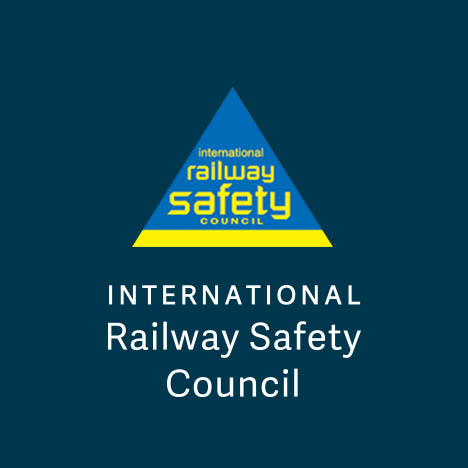The railway sector needs to find balance between innovation and safety to ensure it remains competitive and meets the needs of its customers. It will be facing significant challenges in the next decade that will require innovative solutions to ensure safety, reliability, and efficiency. One of these challenges is the adoption of new digital technologies, such as artificial intelligence, machine learning or deep learning, that evolve in a complex regulatory framework and raise questions about the responsibility of different stakeholders within the railway system. The adoption of these solutions will require the development of safety demonstrations which remain difficult without specific regulations and reference standards. This is complicated by a lack of staff who understand these new technologies and their impact on railway operations, as some find certain features of technology difficult to learn. The balance between digital skills and traditional skills is critical to maintaining a high level of safety and reliability in the railway system. To overcome this, cultural changes are necessary to prepare railway staff for this digital transformation, with a focus on promoting practical examples, return of experience, and best practices to weaken resistance to change.
The aim of the “railway cultural mindset” study that UIC will perform, is to, in a nutshell, make the workplace a “continuous learning place”. Companies should focus on encouraging employee autonomy, establishing new relationships based on trust, commitment, and transparency, and providing appropriate training to update their knowledge and skills. Employee engagement is crucial for any change initiative to be successful, and several factors are recommended to encourage it, including certification of knowledge, new training methods, and engagement of senior and junior managers. A strong feedback system and work culture aligned with managers’ goals and values are also crucial. The railway industry must focus not only on technological skills but also on soft skills, psychological skills, and communication skills to create a more efficient and productive workforce.
The UIC works on how to identify the key levers that will enable employees to be engaged in a change of culture, through the creation of a learning and analysis lab for cultural change, to achieve with a consistent path toward mindset change, through the setup of operational recommendations on how to engage and support employees, middle and top management, and with dissemination events and communication.

